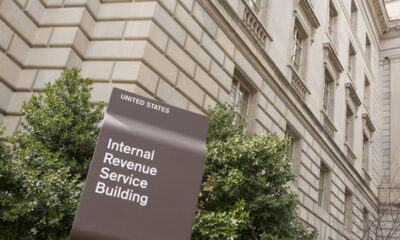Cruz Blasts ‘Barbie’ Film For Pro-China Map Depiction

Judging from the promotional ads for the forthcoming “Barbie” film, it appears to be a light dose of nostalgia that brings the iconic Mattel doll and her friends to life.
As details about the movie’s plot begin to surface ahead of its July 21 premiere, however, one significant controversy has already emerged. Images in the film reportedly depict a group of contested islands as Chinese territory despite the fact that the United Nations determined in 2016 that the communist nation had no legal claim to the land.
China and Vietnam have fought for control of the islands in the South China Sea in two separate wars dating back nearly a half-century.
Vietnamese state media has called for a boycott of the movie in a move similar to the nation’s response to a 2019 DreamWorks film, “Abominable,” that also showed the controversial map.
Although many viewers might not notice the detail shown in the “Barbie” film, those familiar with the territorial dispute identified the so-called “nine-dash line” that reflects China’s control of the Paracel and Spratly Islands.
U.S. Sen. Ted Cruz (R-TX), who is a frequent China critic, took note of the scene in a tweet on Monday.
He offered a more in-depth rebuke of the film — and China’s apparent influence — in a subsequent statement.
“China wants to control what Americans see, hear, and ultimately think,” Cruz said. “And they leverage their massive film markets to coerce American companies into pushing [Chinese Communist Party] propaganda — just the way the ‘Barbie’ film seems to have done with the map.”
In Australia, which is among several countries that have taken an official stance against China’s claims to the islands, international law professor Donald Rothwell offered his take on the issue.
In light of the fact that the communist nation “has built artificial islands in the South China Sea, harassed foreign naval and military aircraft passing through the region, intimidated Vietnamese and other foreign fishermen, asserted rights to explore and exploit maritime oil and gas reserves, and continued to publish maps depicting the nine-dash line claim,” he explained that it is clear “why any legitimacy given to the nine-dash line, even in Hollywood movies, is so sensitive.”






















